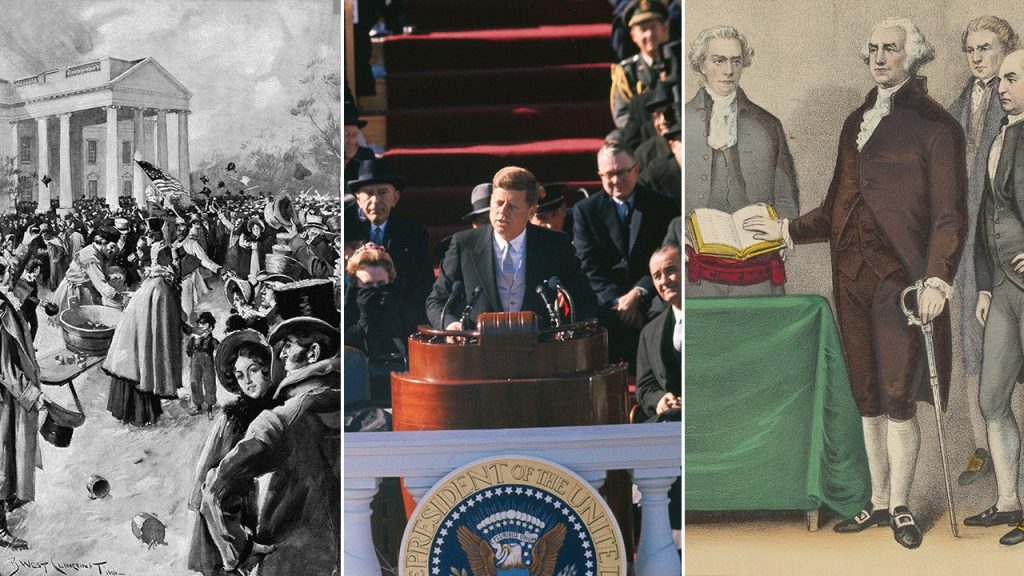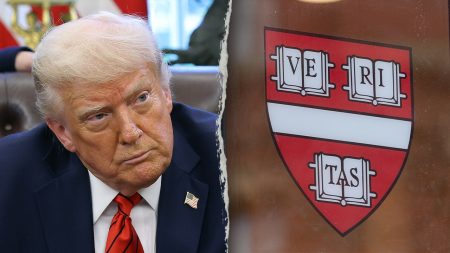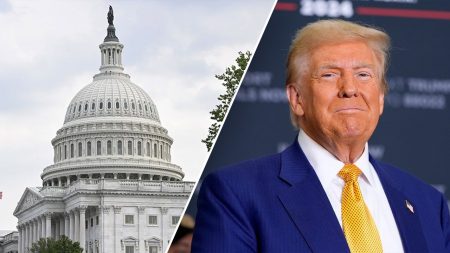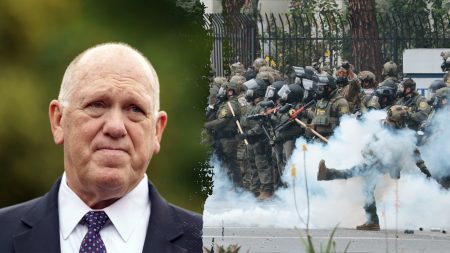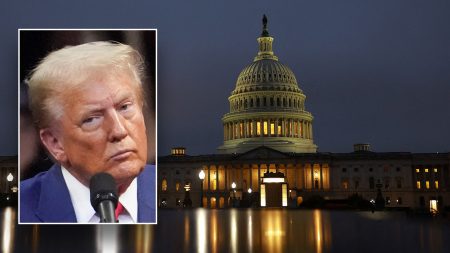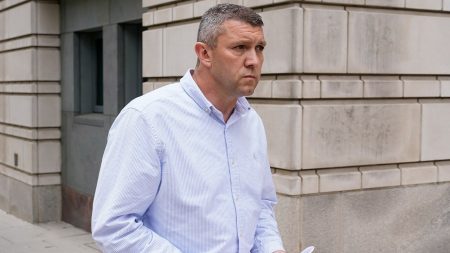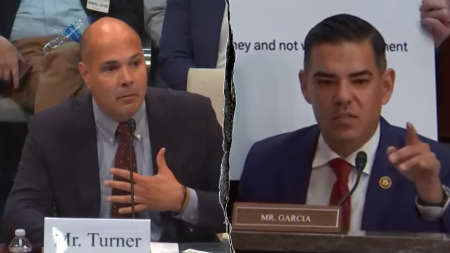Presidential inaugurations, the symbolic transfer of power in the United States, have etched themselves into the historical narrative, offering a glimpse into the evolving spirit of the nation. These ceremonies serve as a platform for new leaders to articulate their visions, establish traditions, and inspire the populace. From George Washington’s inaugural address, setting the precedent for this time-honored tradition, to Barack Obama’s historic oath, these moments reflect not just the peaceful transition of power, but also the changing face of America. However, not all inaugurations are seamless displays of national unity. Some are marred by comical blunders, unforeseen events, or even outright chaos, providing anecdotal footnotes to the grand narrative of presidential history.
George Washington, the nation’s first president, delivered his inaugural address on April 30, 1789, a mere two weeks after his unanimous election. His brief yet impactful speech acknowledged divine providence in the nation’s founding and expressed gratitude for the unity of the American people. This inaugural address set the stage for future presidents, establishing the tradition of outlining the administration’s vision and priorities. In stark contrast to Washington’s dignified inauguration, Andrew Jackson’s 1829 inauguration descended into chaos. A throng of Jackson’s supporters, estimated at 20,000, celebrated at the White House, quickly devolving into a raucous mob. Fights erupted, furniture was destroyed, and Jackson himself was forced to escape through a window, seeking refuge in a nearby hotel. White House staff resorted to a rather unconventional method of crowd control: filling bathtubs with a mixture of whiskey and orange juice, hoping to lure the revelers away from the building.
William Henry Harrison’s single inauguration, held on a frigid March day in 1841, was marked by ill-fated decisions. His refusal to wear a coat, coupled with the long, open-air carriage ride to and from the ceremony, exposed him to the elements. Harrison also delivered the longest inaugural address in history, speaking for over two hours. These choices proved disastrous. Harrison caught a cold that developed into pneumonia, leading to his death just a month after taking office, making his the shortest presidency in U.S. history. This tragic event underscored the fragility of life and the unpredictable nature of presidential tenure.
Franklin Delano Roosevelt’s first inauguration in 1933 took place during the depths of the Great Depression, a time of economic despair and national anxiety. His reassuring words, “The only thing we have to fear is fear itself,” resonated deeply with a nation seeking hope and leadership. This iconic phrase became a rallying cry, demonstrating the power of presidential rhetoric to inspire and unite a nation facing profound challenges. Roosevelt’s leadership would guide the country through not only the Great Depression but also the tumultuous years of World War II, solidifying his place as a transformative figure in American history.
John F. Kennedy’s 1961 inaugural address further exemplified the power of inspiring rhetoric. His memorable call to action, “Ask not what your country can do for you—ask what you can do for your country,” challenged Americans to embrace civic responsibility and contribute to the nation’s progress. This eloquent appeal resonated with the idealism of a new generation, galvanizing support for programs like the Peace Corps and the ambitious goal of landing a man on the moon. Kennedy’s call to service remains a powerful testament to the impact of presidential rhetoric in shaping national aspirations.
Barack Obama’s historic 2009 inauguration marked a significant milestone in American history. As the first African American president, his election symbolized the progress made in race relations and the evolving demographics of the nation. However, a minor yet notable mishap occurred during the oath of office. A slight miscommunication between Obama and Chief Justice John Roberts led to a stumble in the wording of the oath. Although the ceremony proceeded, the oath was re-administered the following day to ensure its accuracy. This seemingly small incident highlighted the importance of precision and tradition in the presidential oath, a symbol of the peaceful transfer of power and the continuation of constitutional governance. These examples illustrate the enduring significance of presidential inaugurations, both as reflections of the times and as opportunities to shape the future of the nation. They are not merely ceremonial events, but moments of profound historical importance, marking the beginning of a new chapter in the American story.




